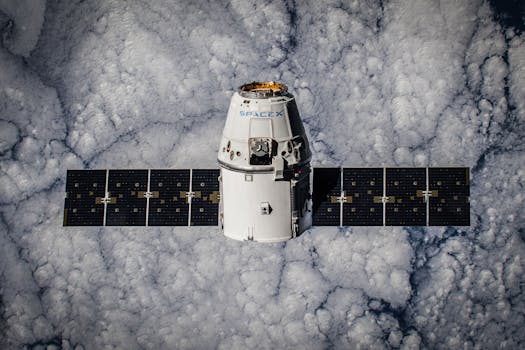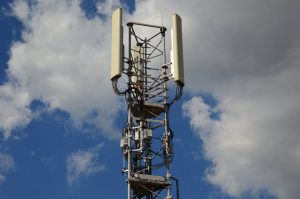
The Future of Satellites: Revolutionizing Global Communication and Exploration
The future of satellites is an exciting and rapidly evolving field, with advancements in technology and innovation leading to new opportunities and applications. The future of satellites is poised to revolutionize global communication and exploration, enabling new forms of connectivity, navigation, and scientific discovery. In this article, we will explore the current state of satellite technology, the trends and innovations shaping the industry, and the potential applications and implications of these developments.
The future of satellites starts with the latest advancements in satellite technology, including the development of smaller, more efficient, and more powerful satellites. These advancements have enabled the launch of constellations of satellites, such as those being developed by companies like SpaceX and OneWeb, which will provide global coverage and enable new forms of communication and connectivity. The use of satellites in Earth observation, navigation, and scientific research is also becoming increasingly important, with satellites providing critical data and insights for fields such as climate change, weather forecasting, and natural resource management.
Advances in Satellite Technology
One of the key trends driving the future of satellites is the development of new technologies and innovations. Advances in materials science, propulsion systems, and electronics are enabling the creation of smaller, more efficient, and more powerful satellites. The use of 3D printing, for example, is allowing for the rapid production of satellite components, while advancements in solar panel technology are enabling satellites to generate more power and operate for longer periods. The development of new propulsion systems, such as electric propulsion and advanced ion engines, is also enabling satellites to maneuver more efficiently and extend their lifespan.
The use of artificial intelligence and machine learning is also becoming increasingly important in the future of satellites. AI and ML algorithms are being used to analyze the vast amounts of data generated by satellites, enabling the detection of patterns and trends that would be impossible for humans to identify. The use of AI and ML is also enabling the automation of satellite operations, allowing for real-time decision-making and optimized performance. The integration of satellites with other technologies, such as the Internet of Things (IoT) and cloud computing, is also creating new opportunities for applications and services.
Applications and Implications
The future of satellites has significant implications for a wide range of industries and applications. The use of satellites in global communication, for example, is enabling new forms of connectivity and access to information. The development of satellite-based navigation systems, such as GPS and Galileo, is also critical for transportation, logistics, and emergency services. The use of satellites in Earth observation and scientific research is providing critical data and insights for fields such as climate change, weather forecasting, and natural resource management.
The future of satellites also raises important questions and challenges, such as the management of orbital debris, the regulation of satellite launches, and the ensuring of satellite security and cybersecurity. The development of new technologies and innovations will require careful consideration of these issues, as well as the need for international cooperation and agreement. The future of satellites is a complex and multifaceted topic, with significant implications for global communication, exploration, and development.
Conclusion
In conclusion, the future of satellites is a rapidly evolving field, with advancements in technology and innovation leading to new opportunities and applications. The use of satellites in global communication, Earth observation, navigation, and scientific research is becoming increasingly important, and the development of new technologies and innovations is enabling new forms of connectivity, discovery, and exploration. As we look to the future, it is clear that satellites will play a critical role in shaping our world and enabling new possibilities for human development and progress.



